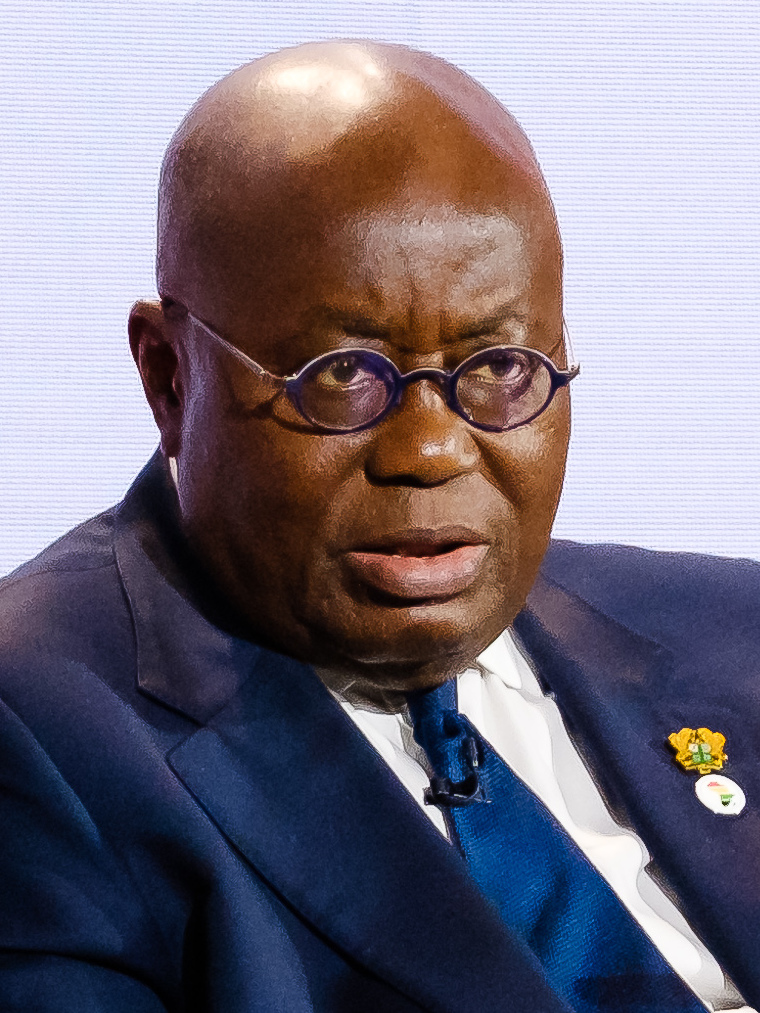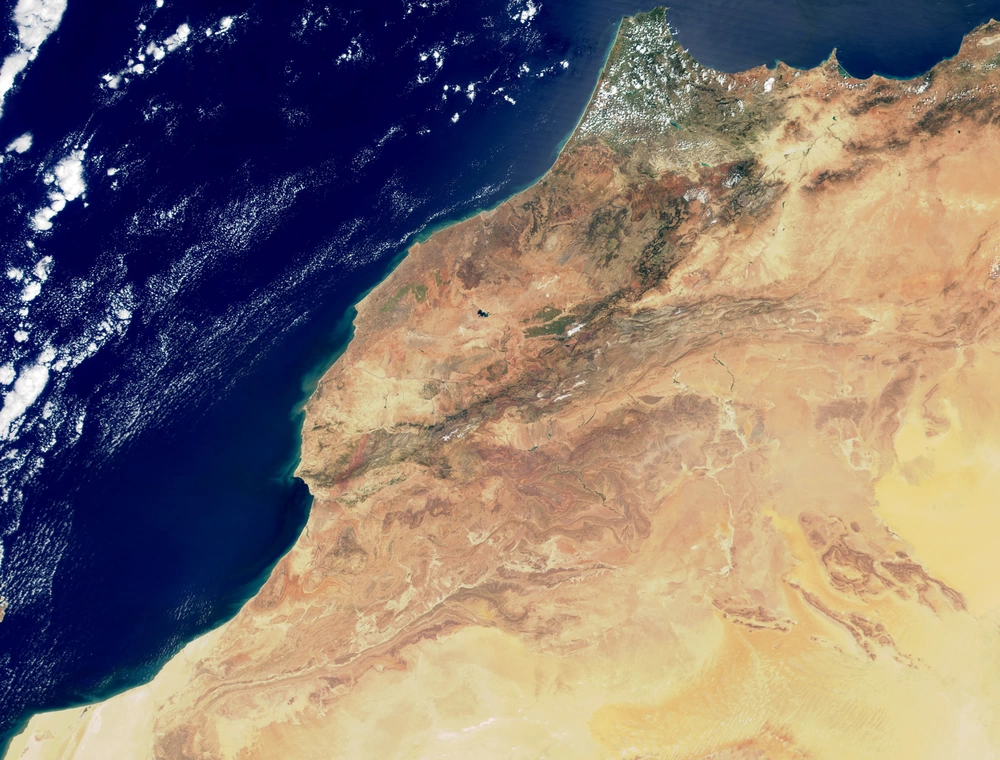
President of Ghana, Nana Addo Dankwa Akufo-Addo.
“All of us in the [West African] region are being forced to spend huge amounts of money on security.”
Terrorism in the Sahelian region of Africa—broadly, the area of desert south of the Sahara—is among the world’s most active locations of terrorist activity. The UN recently released a sobering report detailing that in 2021, nearly half of the world’s victims of terrorism came from Sub-Saharan Africa, nearly 3,500 people. The Sahel accounted for a significant percentage of those.[i] Across coastal West Africa, countries historically spared from terrorist violence, like Ghana and Togo, are now preparing for an impending wave of terrorist threats from the Sahel.[ii]
Ghanaian President Nana Addo Dankwa Akufo-Addo underscored the severity of the terrorist threat in the Sahel in his recent address to the UN General Assembly’s 77th Session in New York. As the accompanying transcript, taken from the Office of the Presidency of Ghana, recounts of his speech, he summarized: “[Terrorism in the Sahel] might look to many, today, as a local conflict which affects only the countries in that region. We, in Ghana, know differently, we have watched in horror as the unrest has moved from the Sahel, inexorably, to the West African coastal countries. All of Ghana’s neighbors have suffered terrorist attacks, and some have lost territorial space to the invading forces.” He then connected the prevalence of terrorist violence in the Sahel to the significant number of coups that have affected West African states over the past several years. At the core, he said, West African states have been forced to spend so much money on security that they can no longer adequately provide social services, thus leading to civil unrest.
Source:
“Address By President Akufo-Addo at the 77th Session Of The United Nations’ General Assembly,” The Presidency of the Republic of Ghana (Office of the President of Ghana), 21 September 2022. https://presidency.gov.gh/index.php/briefing-room/speeches/2285-address-by-president-akufo-addo-at-the-77th-session-of-the-united-nations-general-assembly
…A case in point is the destabilising conflict in the Sahel. It might look to many, today, as a local conflict which affects only the countries in that region. We, in Ghana, know differently, we have watched in horror as the unrest has moved from the Sahel, inexorably, to the West African coastal countries. All of Ghana’s neighbours have suffered terrorist attacks, and some have lost territorial space to the invading forces.
Furthermore, the terrorist pressure has provided a pretext for the unhappy reappearance of military rule in three (3) of the fifteen (15) member ECOWAS Community, two (2) of whom have borne the brunt of the terrorist outrages in the Region – Mali and Burkina Faso. It is a development we are determined to reverse, so that the ECOWAS space remains a democratic one.
All of us in the Region are being forced to spend huge amounts of money on security. This is money we should be spending on educating and giving skills to our young people; on building much needed roads, bridges, hospitals and other such infrastructure, which we are spending to fight terrorists or to keep them out from destabilising our countries.This is a global problem, deserving the attention of the world community for a global solution.
Notes:
[i] For more on the UN report, see: “Nearly half of the world’s terror victims are African, with organized crime increasingly entrenched,” UN News, 6 October 2022. https://news.un.org/en/story/2022/10/1129312
[ii] For more on the preparations West African states are taking as they brace for a wave of terror from northern Sahelian neighbors, see: Jason Warner, “Coastal West African States Brace for Wave of Terrorism from the Sahel,” OE Watch, Issue 10, 2022.
Image Information:
Image: President of Ghana, Nana Addo Dankwa Akufo-Addo.
Source: https://commons.wikimedia.org/wiki/File:Nana_Akufo_Addo,_Jan._2020.jpg
Attribution: CC BY 2.0

